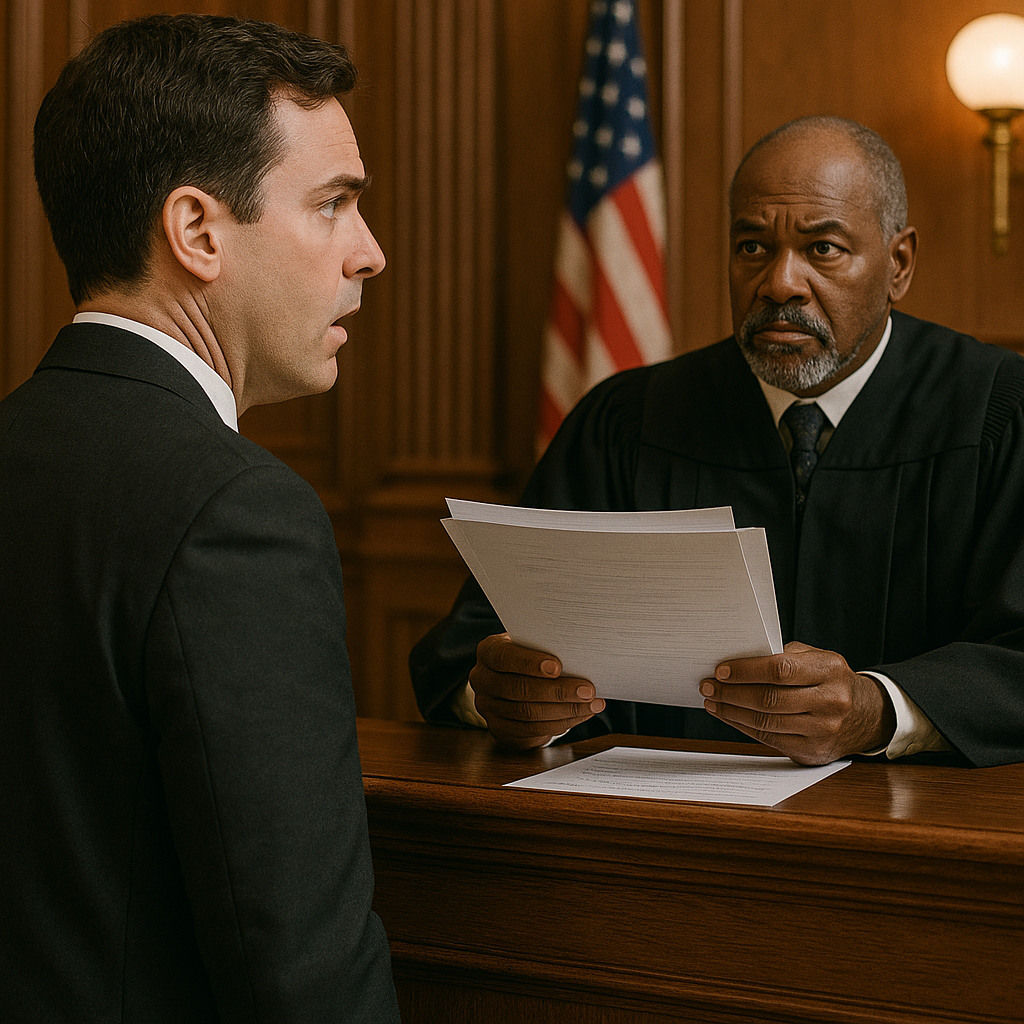Recently, the Florida Southern District Court updated its order in Garden-Aire Village South Condo. Assoc., Inc. v. QBE Insurance Corp., No. 10-cv-61985 (S.D. Fla. January 4, 2012). I discussed the Garden-Aire case on April 5, 2011, in Importance Of An Actual Controversy Demonstrated As Southern District Court Of Florida Dismisses And Stays Action Against QBE As Speculative. In March 2011, the Court concluded that the Complaint filed by the association against QBE did not state a claim in which relief could be granted. In its recent opinion from just a few days ago, the same Court granted the condominium association’s request to amend the Complaint, and will presumably allow the case to proceed.
The memorandum order is twenty pages. QBE argued that the association should not be permitted to amend its Complaint and sought to forever bar the association’s claim. The association asserted that QBE effectively denied coverage for the Hurricane Wilma claim since the last ruling by refusing to issue its coverage decision in the last year, despite repeated requests from the association. The Court agreed with the association and stated “at this point Plaintiff has pled that QBE effectively denied coverage.”
There is some interesting analysis in the order regarding appraisal claims “ripening.” QBE asserted that the appraisal claim in this case is premature since there was no disagreement between the parties, and the association had not satisfied all contractual prerequisites to appraisal by the time it filed the lawsuit. According to QBE, once an appraisal claim is premature, it is always premature–it essentially dies on the vine and never ripens. The association presented Florida case law to the Court and argued that Florida courts would permit the once premature appraisal claim to “ripen.”
The Court agreed with the association that Florida cases “allow appraisal claims to ripen subsequent to the Complaint’s initial filing.” The Court found that in one of the cases cited by QBE, U.S. Fid. & Guar. Co. v. Romay,
[T]he seminal contractual precondition case, actually allowed for the ripening of the claim. . . . if the allegations of the proposed Second Amended Complaint prove true, Plaintiff has shown that its appraisal claim is not premature.
In the conclusion of the order, the Court cautioned that,
Though leave to file amended pleadings should be granted generously, in light of the number of attempts that Plaintiff has had to set its claims before the Court, the Court is unlikely to grant any further amendments.
This case is now in its preliminary stages, so check back for periodic updates, as we will continue to monitor it as it progresses.




